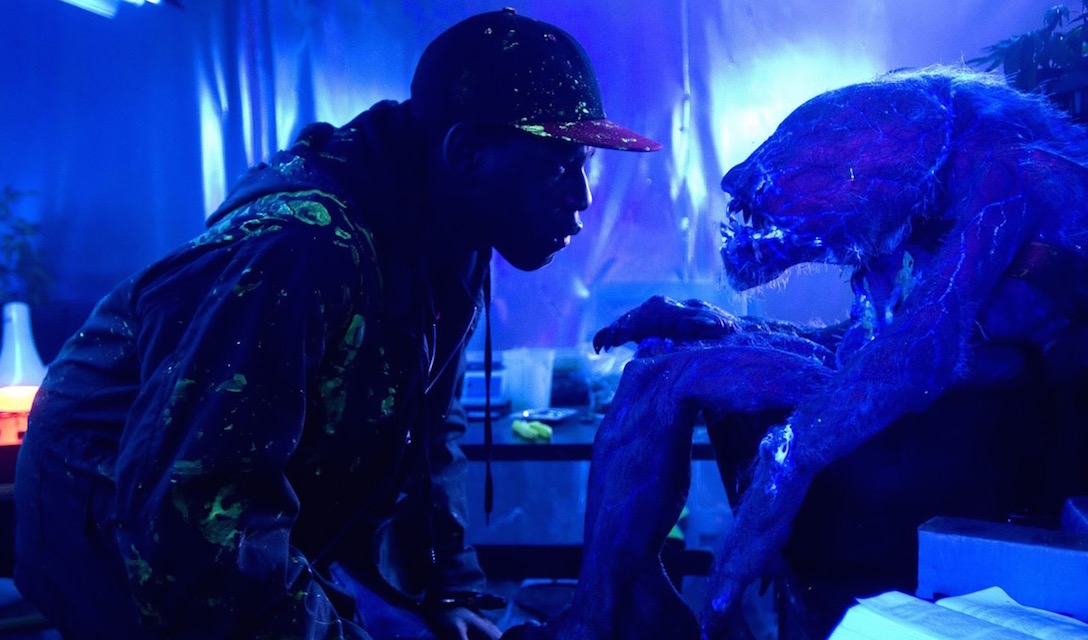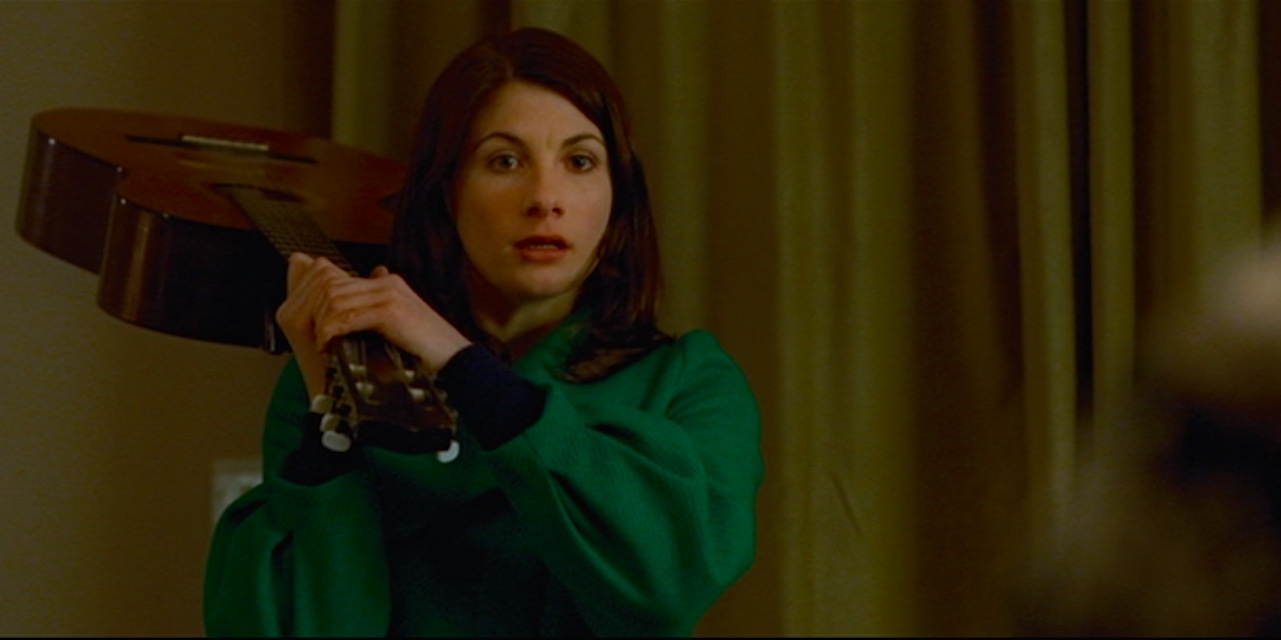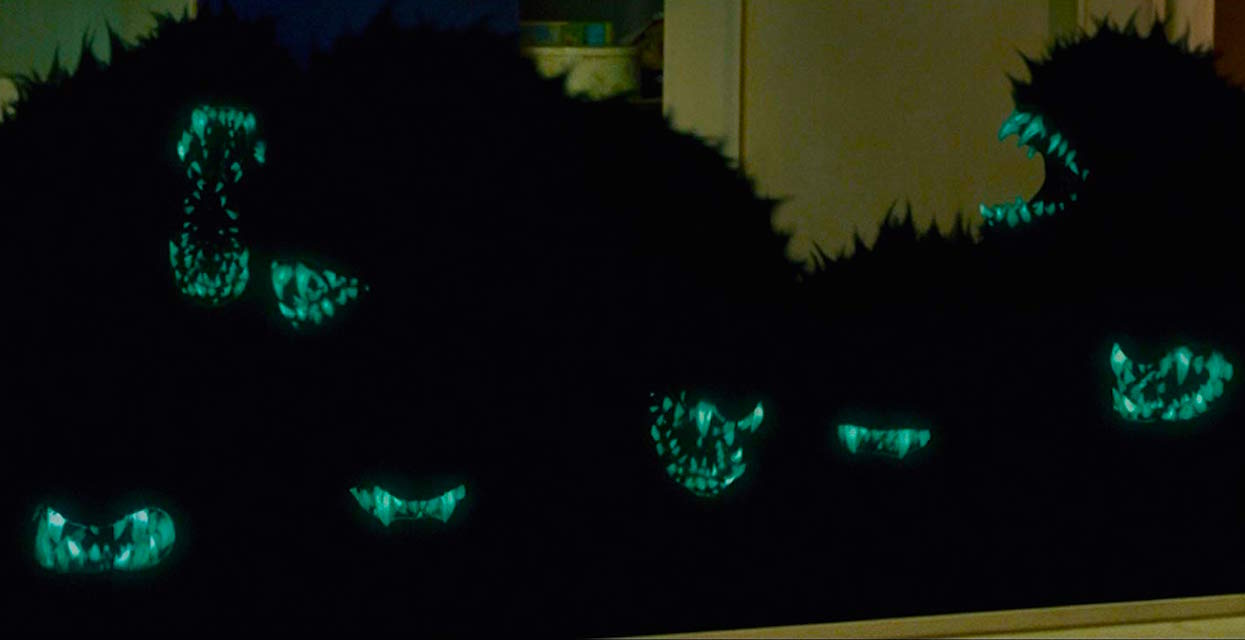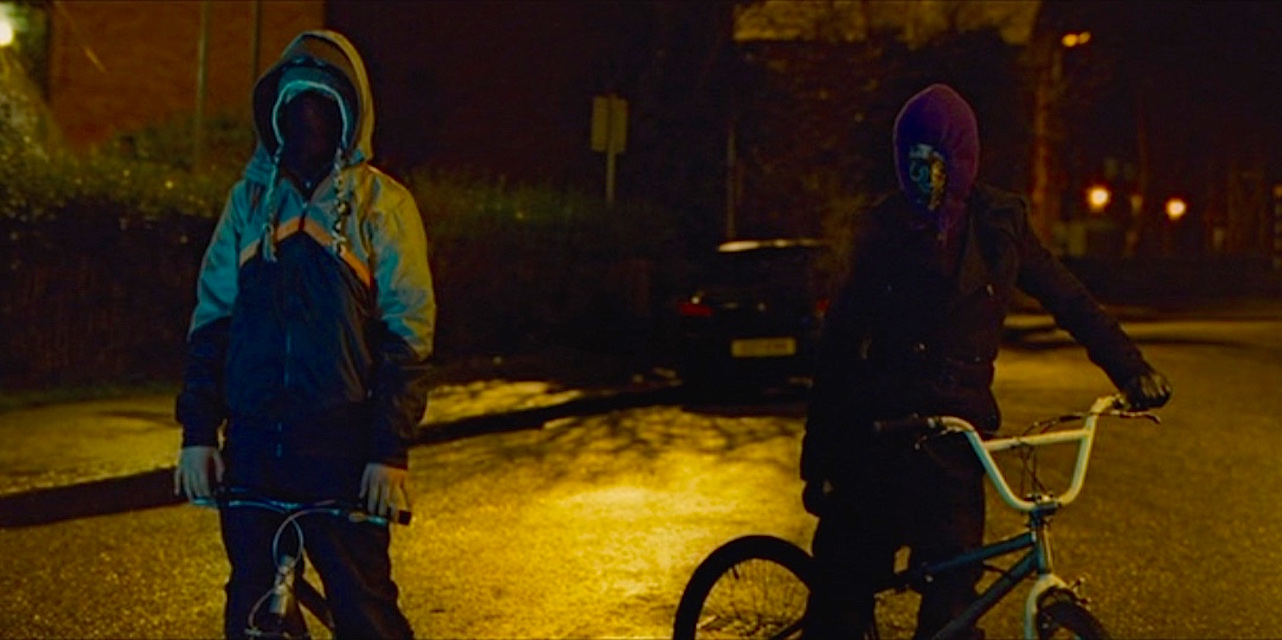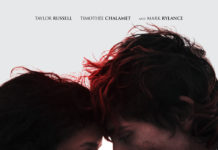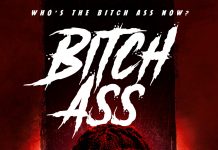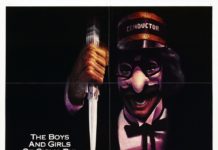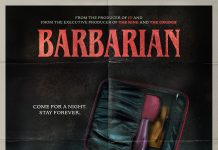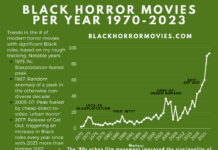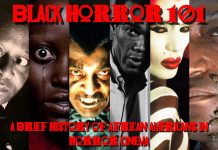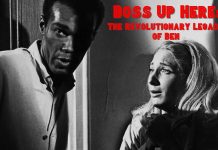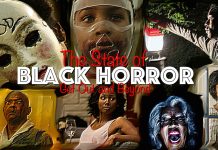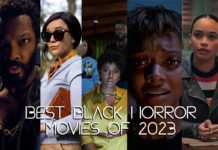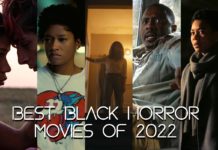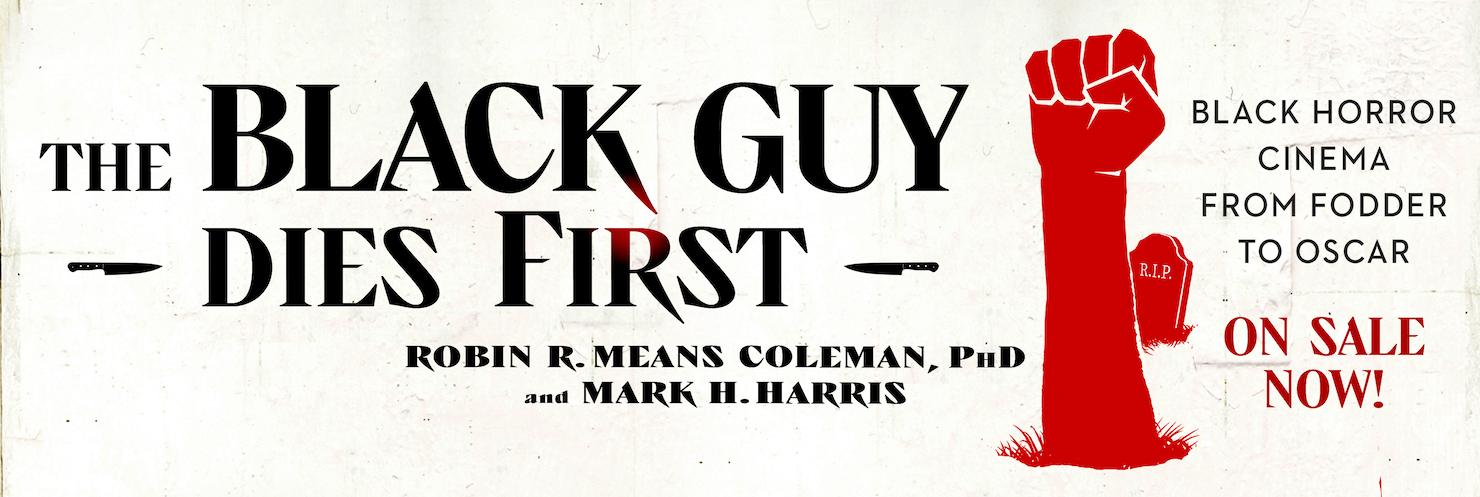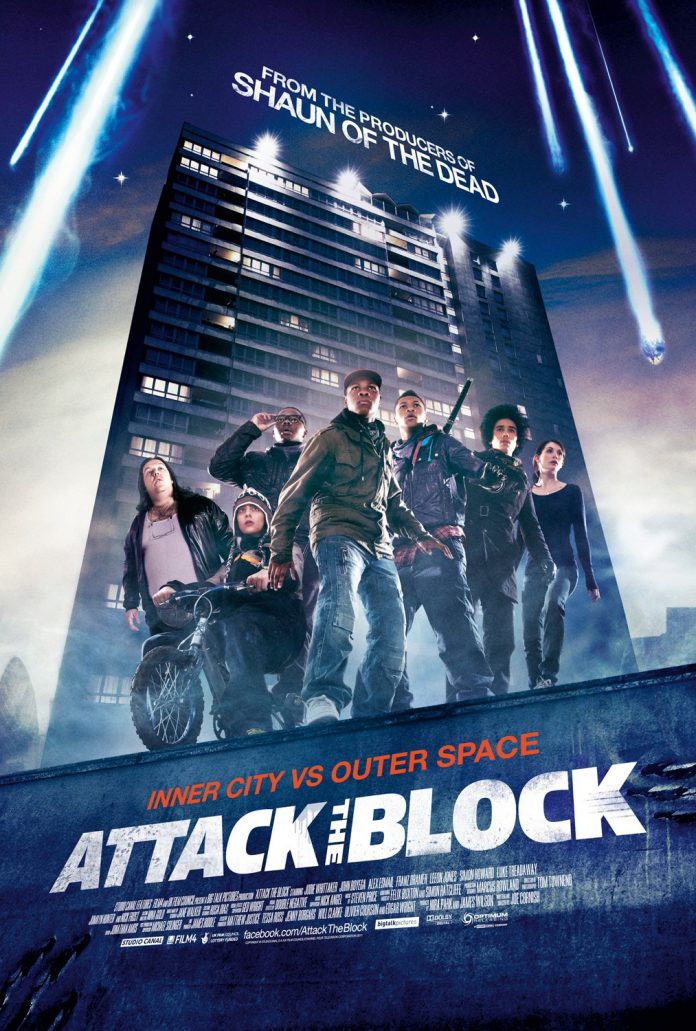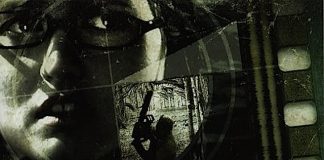Although it received widespread critical acclaim, I feel like Attack the Block hasn’t really gotten the props it deserves. I don’t mean just as a cult fave — it’s debatable whether it’s even achieved that status — but frankly, as one of the best horror movies of the 21st century…and one of the best sci-fi movies…and action movies…and comedies.
It has the bones of a hit — the slick look, the brisk pace, the superb cast (featuring a pre-Star Wars John Boyega and a pre-Doctor Who Jodie Whittaker), the professional effects, the striking creature design (basically blackness with teeth), the well-planned action set pieces, the cinematic flair — but despite a $13 million budget, it made barely $1 million in US theaters and just $4 million in its native UK.
In America, although it received the backing of a major studio like Sony/Screen Gems, it was shown in only 60-plus theaters. By contrast, seven years earlier, like-minded British genre hybrid Shaun of the Dead (which shares some of the same creative talent) enjoyed a release 10 times as large, and — surprise, surprise — it made about 10 times as much money. With its adolescent adventure trappings playing a nostalgic callback to ’80s cultural touchstones like E.T. and The Goonies, Attack the Block would seem to have as much popular appeal as Shaun of the Dead, but odds are it was deemed “too urban” to have wide demand — particularly in comparison to the similarly plotted kids-versus-aliens hit Super 8, which came out just a few weeks earlier.
It’s a shame because for my money, Attack the Block bests Super 8 in every way. If Super 8 was The Goonies, then Attack the Block is The Bad News Bears, with foul-mouthed yet likable rogues who take no guff but are streetwise enough to know to retreat from a bunch of man-eating alien “gorilla-wolf mothafuckas.” A world apart from the small-town kids in Super 8, these city toughs nonetheless deliver a comparable brand of breezy Spielbergian romp, wrapped in an edgier, R-rated package.
Part of what separates Attack the Block from its Spielbergian inspirations (writer-director Joe Cornish actually took his cue from M. Night Shyamalan’s Signs) — aside from its mostly black cast — is the sort of reflection on social and racial issues typically left out of popcorn fare. The main group of kids is distrustful of the police, even in the face of an alien invasion. Although they’re into petty crime and initially run the risk of coming off as unsympathetic hoodlums, they’re revealed to be selfless, loyal and brave in the face of danger.
Moses in particular is at a crossroads in his life where he can commit to full-time criminality — as represented by local drug dealer Hi-Hatz (Jumayn Hunter, Cherry Tree Lane) — or put his energy and smarts towards something good. He comes to realize the power of one’s actions and the consequences that can result. Unlike the blustery, violent gangsta stereotype Hi-Hatz, Moses is calm, quiet and cerebral, even theorizing that the aliens were brought in by the feds to kill black people: “…Government probably bred those creatures to kill black boys. First, they sent drugs to the ends. Then, they sent guns. Now, they sent monsters to get us. They don’t care, man. We ain’t killing each other fast enough, so they decided to speed up the process.”
At first, Whittaker’s Sam seems to be the emotional center of the film, but eventually, it shifts to Moses, who’s undoubtedly the hero in the end. Before we came to know his lighthearted side in the Star Wars movies, Boyega radiated a smoldering intensity and quiet confidence in this role, reminiscent of a young Denzel Washington…but more British.
In typical genre fare, these kids are disposable characters who try to mug a maniac in an alley and end up on the wrong end of a machete, but Attack the Block brings them out of the shadows and into the spotlight, where they more than prove they belong.
